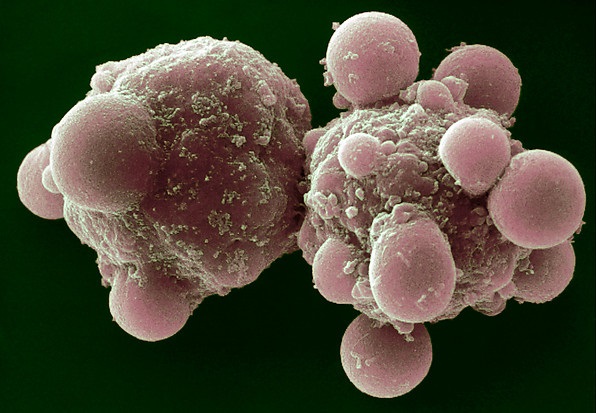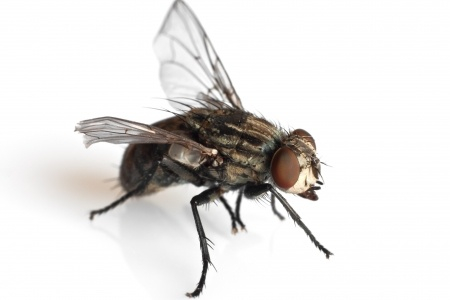News
February 24, 2015
By Nuritas
Ancient Flies and Anti-Aging? A Spotlight on How Cell Selection May Reduce Degeneration in the Body

By: Meaghan Lee-Erlandsen and Dr. Nora Khaldi on 24 February 2015
Recently we read a very interesting publication in Cell regarding healthy cell selection within flies which could help prevent bodily degeneration for humans over time. We contacted the lead researcher on this study, Professor Eduardo Moreno from the Institute of Cell Biology at the University of Bern in Switzerland, to discuss this publication further. He was kind enough to provide us with a summary of this very intriguing work:
![]() Researchers at the Institute of Cell Biology from the University of Bern in Switzerland, led by Eduardo Moreno, have developed a new method to extend lifespan of flies based on improved
Researchers at the Institute of Cell Biology from the University of Bern in Switzerland, led by Eduardo Moreno, have developed a new method to extend lifespan of flies based on improved selection of the best cells within the body. Their work appeared in the journal «Cell».
selection of the best cells within the body. Their work appeared in the journal «Cell».
«Our bodies are composed of several trillion cells», explains Professor Moreno, «and during ageing those cells accumulate random errors due to stress or external insults, like UV-light from the sun». But those errors do not affect all cells at the same time and with the same intensity: «Because some cells are more affected than others, we reasoned that selecting the less affected cells and eliminating the damaged ones could be a good strategy to maintain tissue health and therefore delay ageing and prolong lifespan.»
Ancient Flies and mythological monsters
To test their hypothesis, the researchers used Drosophila melanogaster flies, which can be manipulated genetically. The first challenge was to find out which cells within the organs of Drosophila were healthier. Morenos team identified a new gene which was activated in less healthy cells. They called the gene ahuizotl (azot) after a mythological Aztec creature selectively targeting fishing boats to protect lakes, because the function of the new gene was also to selectively target less healthy or less fit cells to protect the integrity and health of the organs like the brain or the gut.
healthy or less fit cells to protect the integrity and health of the organs like the brain or the gut.
Normally, there are two copies of this new gene in each cell. By inserting a third copy, the researchers were able to select better cells more efficiently. The consequences of this improved cell quality control mechanism were, according to Moreno, «very exciting»: The flies appeared to maintain tissue health better, aged slower and had longer lifespans. «Our flies had median lifespans 50 to 60 percent longer than normal flies», said Christa Rhiner, one of the authors of the study.
Could azot also slow down the human ageing process?
However, the potential of the results goes beyond creating Methuselah flies, the researchers say: Because the gene azot is conserved in humans, this opens the possibility that selecting the healthier or fitter cells within organs could in the future be used as an anti ageing mechanism. For example, it could prevent neuro- and tissue degeneration produced in our bodies over time. ![]()
Indeed, we at Nuritas™ are very excited for research in this area as further innovations regarding the reduction of the degeneration of the body are important in helping people live longer, healthier and happier lives.





 Previous
Previous
